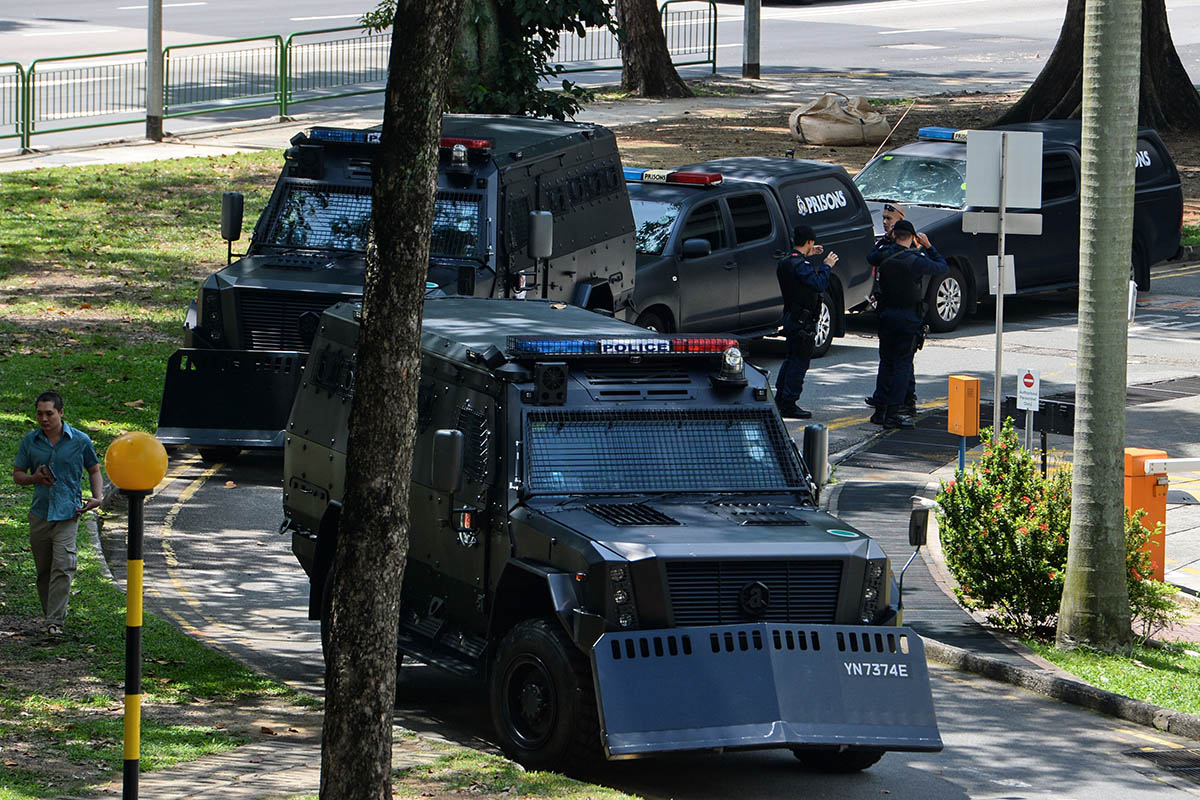Singapore's reforms to its use of the death penalty are flawed, with some low-level drug offenders still being denied leniency and sent to the gallows, Amnesty International said Wednesday.
After years of criticism from rights groups, the city-state in 2013 eased the requirement for mandatory death sentences in some drug trafficking and murder cases.
The changes gave judges discretion to impose life imprisonment instead of the death penalty in certain cases.
In a new report, Amnesty acknowledged the number of people sent to the gallows had fallen but added that courts still impose death sentences when more leniency could be shown.
"The reforms introduced in 2013 were a step in the right direction and have allowed some people to escape the gallows, but in key respects they have been flawed from the outset," said Chiara Sangiorgio, Amnesty's death penalty adviser.
After the changes, judges can impose life imprisonment on drug couriers who give "substantive" cooperation to the authorities during investigations.
However Amnesty said decisions on who meets the criteria rest with the public prosecutor and not the judge, and are taken "behind closed doors in a murky and non-transparent process".
The group said the majority of people sentenced to death for drug offences in the past four years possessed relatively small amounts of narcotics. Many said they were driven by unemployment or debt.
"Singapore likes to paint itself as a prosperous and progressive role model, but its use of the death penalty shows flagrant disregard for human life," Sangiorgio said, urging the government to end capital punishment once and for all.
Amnesty said 17 death sentences were handed down over the past three years for murder and drugs offences and 10 convicts were hanged.
There was no immediate response from the government to AFP queries on the Amnesty report. Singapore has long defended its use of the death penalty as an effective deterrent against crime. – AFP
